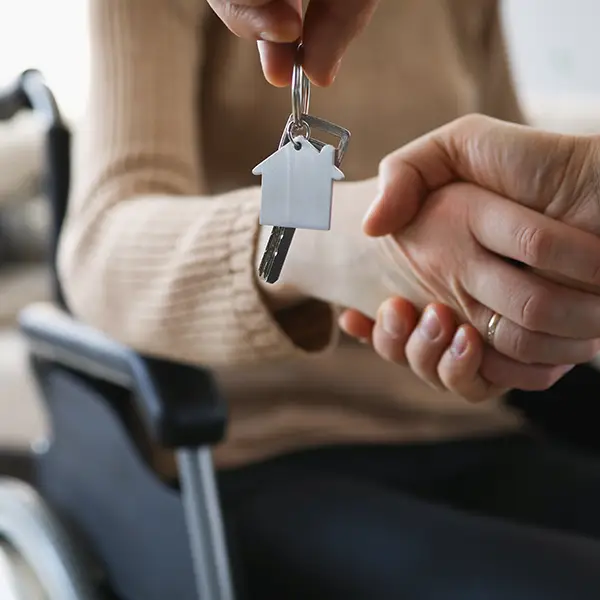Buildings Disability Legislation
Proving specialised advice on how to design or adapt your building to meet the needs of the disabled.

Whether you run one retail business or a national chain of stores or offices, you have an obligation to make all reasonable adjustments to help disabled individuals access your services and facilities under the Equality Act 2010. Equally those providing social housing must demonstrate similarly.
Accessibility requirements for new buildings in England are set out in building regulations. They require by law that new buildings make ‘reasonable provisions’ to allow people to access the facilities in their buildings.


What are the requirements for new buildings?
Building Regulations 2010, requires that new buildings in England must make ‘reasonable provisions’ for people to access and use a building and its facilities. It states that, in practice, this means that all people, regardless of disability and age, should be able to reach a building’s main entrance and access its facilities.
The legislation does not prescribe how new buildings should be built to ensure access for disabled people, although the government provides guidance on how organisations can achieve compliance (Part M of the Building Regulations Act 2010). These considerations for compliance however, can often be costly, which is why Adam provides solutions that are usually more logical and affordable.
If you feel that disabled people using your premises are or will be at a ‘substantial disadvantage’ compared with non-disabled people, you may well be failing to comply with the duty to make reasonable adjustments under the Equality Act 2010.
Whilst only a court can decide whether you have made ‘reasonable provisions’ to make your building accessible to the disabled, the simple question to ask yourself is, if a loved one became disabled, would they feel you put effort into considering their needs or not?

